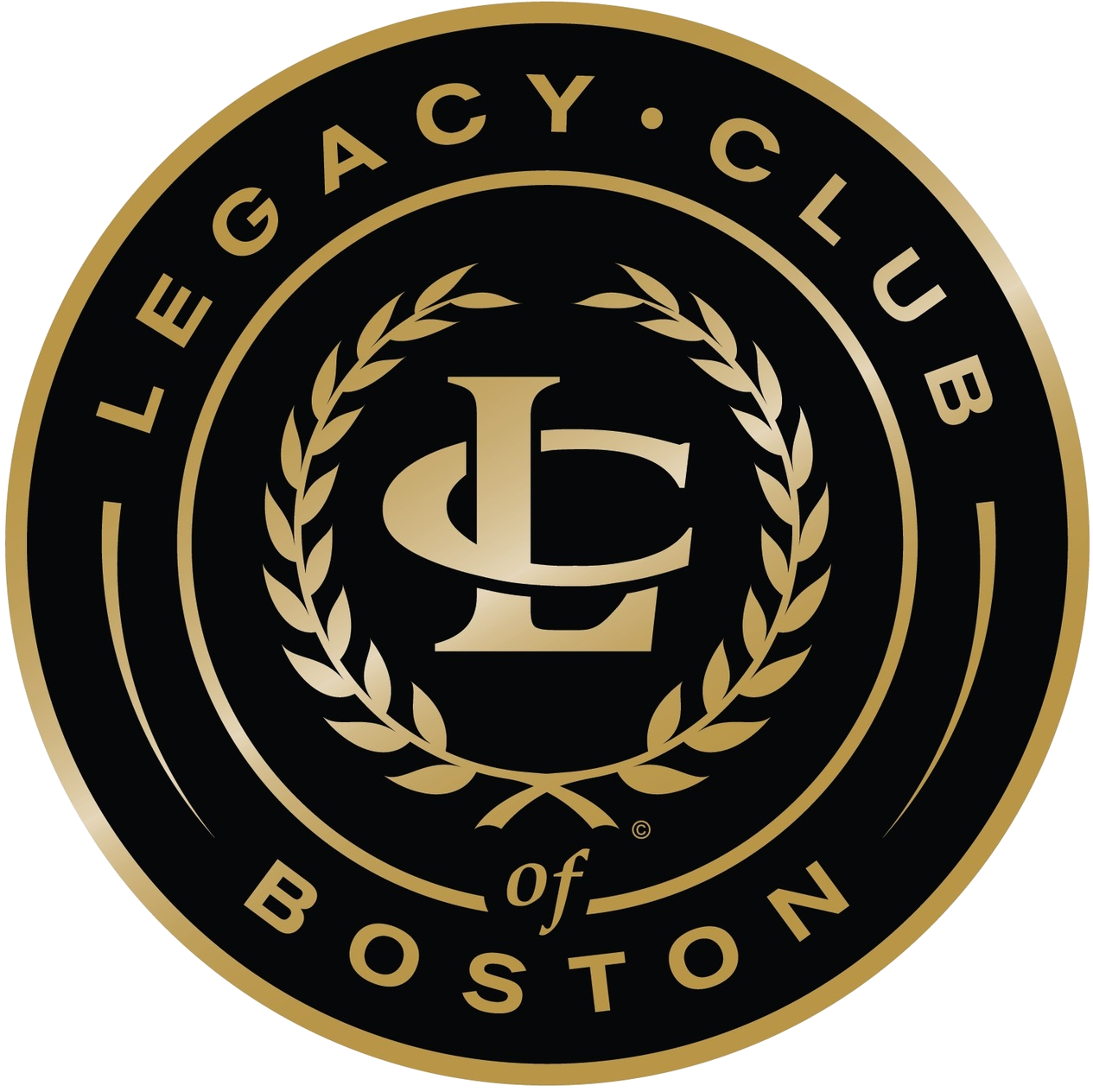
alexander hamilton
“The honor of a nation is its life.”
“There is a certain enthusiasm in liberty, that makes human nature rise above itself, in acts of bravery and heroism.”
“When the sword is once drawn, the passions of men observe no bounds of moderation.”
“Unless your government is respectable, foreigners will invade your rights; and to maintain tranquillity, it must be respectable - even to observe neutrality, you must have a strong government.”
“Unless your government is respectable, foreigners will invade your rights; and to maintain tranquillity, it must be respectable - even to observe neutrality, you must have a strong government.”
“Constitutions should consist only of general provisions; the reason is that they must necessarily be permanent, and that they cannot calculate for the possible change of things.”
Founding Father Alexander Hamilton (January 11, 1755 or 1757 – July 12, 1804) was an American statesman, politician, legal scholar, military commander, lawyer, banker and economist. He was an influential interpreter and promoter of the U.S. Constitution, as well as the founder of the nation's financial system, the Federalist Party, the United States Coast Guard, and the New York Post newspaper. As the first Secretary of the Treasury, Hamilton was the main author of the economic policies of George Washington's administration. He took the lead in the Federal government's funding of the states' debts, as well as establishing a national bank, a system of tariffs, and friendly trade relations with Britain. His vision included a strong central government led by a vigorous executive branch, a strong commercial economy, a national bank and support for manufacturing, and a strong military. Thomas Jefferson was his leading opponent, arguing for agrarianism and smaller government.
Although Alexander Hamilton’s achievements are too vast to summarize in a short blog post, here are five highlights:
He became George Washington’s most able and trusted aide during the Revolutionary War. Hamilton joined the war at age eighteen. Two years later, General Washington, having observed his competence and leadership skills, promoted him to aide-de-camp. Washington entrusted Hamilton to attend high-level meetings and to help draft letters to governors, generals, and Congress. Later Hamilton issued orders on behalf of Washington. At Yorktown he commanded an infantry, eluded enemy fire, captured soldiers, and helped force the British to surrender.
Hamilton wrote most of the Federalist Papers, which ensured ratification of the Constitution. Before it was ratified, the Constitution faced tremendous opposition. Hamilton’s essays—part of a series of newspaper articles outlining how the republican form of government would function—demonstrated the advantages of a central government with built-in checks to prevent abuses of power.
Hamilton served as first Treasury Secretary and stabilized the economy. When George Washington became president, the economy was in shambles. Hamilton spearheaded the establishment of a gold-based dollar, ensured that the war debt was paid, and stated that, in justice, the purchasers (instead of the original holders) of war bonds would be paid their current value. This demonstrated that the federal government respected property rights and the sanctity of contract. A group of merchants admired Hamilton so much that they paid for a fifteen-foot marble statue of him—a statue that stood on the floor of the New York Stock Exchange before it was destroyed in the Great Fire of 1835.
Hamilton helped shape Washington’s foreign policy based on American self-interest. In 1793, when England and France were once again at war, both nations demanded America’s support. Hamilton advised Washington on the Neutrality Proclamation, which declared that America would not become entangled in foreign affairs but would be friendly to both nations and impartial in their dispute. Hamilton advocated a paid military, founded the U.S. Coast Guard, and introduced a bill to establish West Point Military Academy.
Hamilton opposed slavery. He grew up in the slave-based Caribbean and was disgusted with the brutality and rights violations he observed. He wanted slavery eradicated. Most people believe the abolition movement began in the 1830s, but in 1785 Hamilton formed the New York Manumission Society, an organization dedicated to abolishing slavery in New York and instrumental in doing so.

